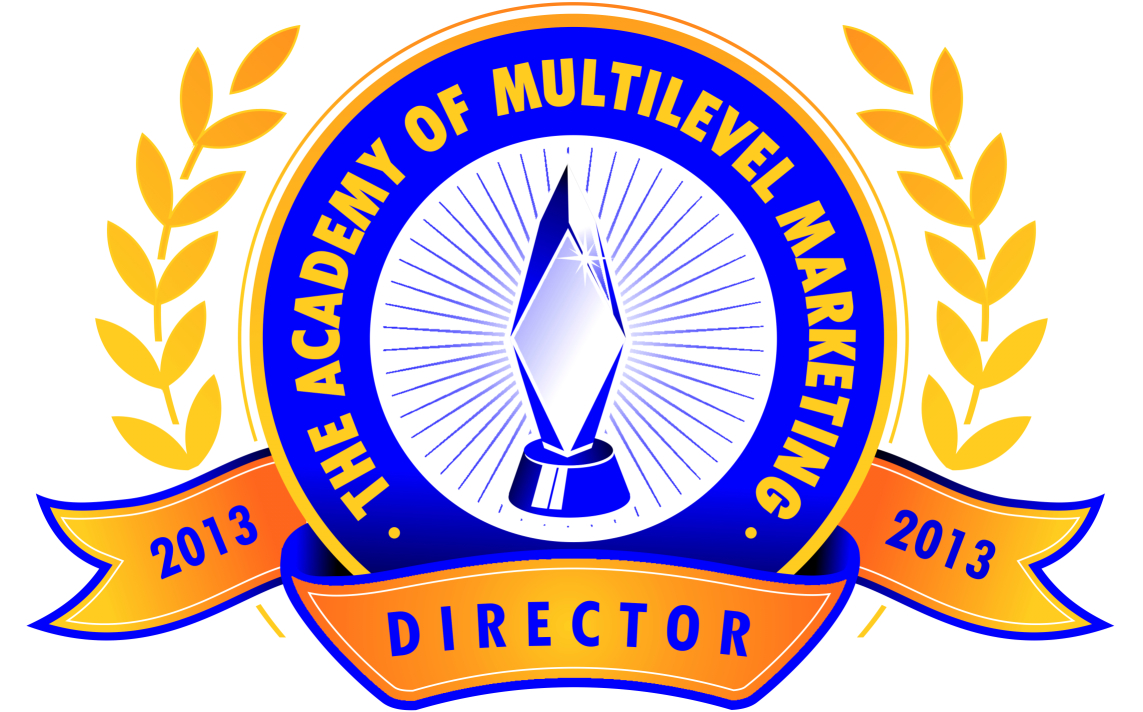Jon Taylor
By Len Clements © 2005
| The Anti-MLM Zealot is a rare breed. Oh sure, there are a lot of people who may be “anti-MLM,” likely due to one failed experience, or more likely due to them adopting the negative opinion of someone else as their own, without doing any of their own actual investigation. Then there are those who dismiss our industry as somehow shady due to nothing more than the common geometric misconception that our sales organizations form a pyramid shape (ironically, MLM downlines are the only form of business structure that does not form a pyramid). But the Anti-MLM Zealot is someone who is passionate about exposing their negative beliefs and opinions to others – even to the point of obsession. Someone who spends hundreds, if not thousands of hours of their lives searching for evidence to support their cause, creating prolific amounts of anti-MLM material, and contacting media outlets and state and federal regulators in a vain attempt to get someone to pay attention to them. Someone like Jon Taylor, PhD. There are really only four bona fide Anti-MLM Zealots out there trying to wreck our business, and for many of us, our livelihoods. Arguably the most read is Dean Van Druff. The most prominent, at least at the moment, is Robert FitzPatrick. The most currently active, at least at the moment, is Ruth Carter. All have been discussed in previous editions of this series. But by far the one who has churned out the greatest abundance of anti-MLM material is Jon Taylor. Product Based Pyramid Schemes – Jon Taylor The most prolific of the anti-MLM group is Jon Taylor, Ph.D., a graduate of Brigham Young University with an MBA is Applied Psychology, who has over 30 years of sales, marketing, and entrepreneurial experience. I’ve only just begun to pick apart the illogic and ignorance of Taylor’s anti-MLM material. In coming issues I’ll show you his evidence that playing the slots in Vegas provides a greater financial return than an MLM opportunity. He’s even got a graph to prove it! And wait to you hear his solution to the non-existent “saturation” dilemma. And you’ll find no greater example of “selective memory” than the interview he did of a pro-MLM authority in his alleged attempt to get “all sides” of the issue before presenting his findings. He interviewed me. His portrayal (betrayal?) of my information is so self serving and skewed as to suggest deliberate deception. See ya’ next month! |










